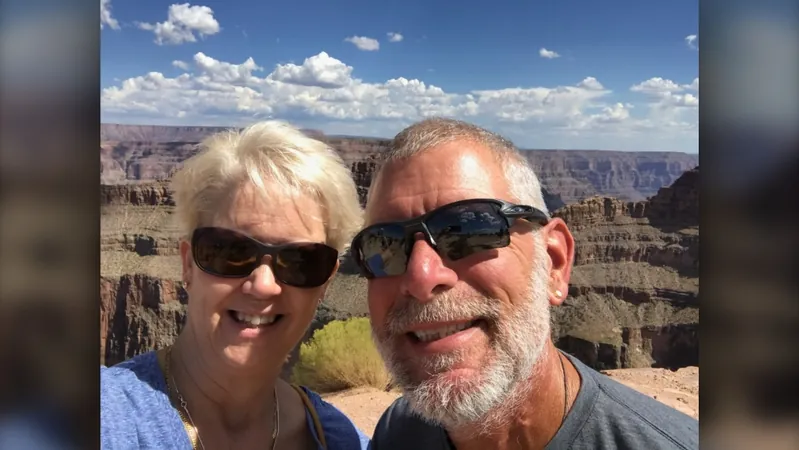
Unlocking Hope: How Vagus Nerve Stimulation is Revolutionizing Treatment for Severe Depression
2024-12-19
Author: Amelia
At the young age of 24, Nick Fournie's life took a harrowing turn when severe depression engulfed him. A seemingly happy marriage and a promising future turned bleak overnight, marking the beginning of a 38-year-long battle with mental illness.
"I found myself thinking that if life ended at that moment, I'd be okay with it," recalls Fournie, now 62 and residing in Illinois. This grim realization came during a mundane task—mowing the lawn—when his outlook shifted dramatically, plunging him and his wife, Mary, into a relentless fight for stability and happiness.
In search of relief, Nick spent nearly a decade experimenting with various antidepressants, but to no avail. Despite trying about ten different medications, he faced not only consistent depression but also severe side effects, often likening their intensity to “psychotic episodes.” His wife noted that even simple tasks became arduous, with Nick’s mental health declining so severely at times that he struggled to leave their home.
For nearly two decades, the couple explored every available treatment option, until a breakthrough emerged from an unexpected source. Nick's sister, a nurse, brought Vagus Nerve Stimulation (VNS) to their attention. Approved by the FDA for chronic and recurrent depression in adults unresponsive to multiple antidepressant treatments, VNS presented a new glimmer of hope.
“The vagus nerve is the body's largest nerve, connecting your brain to organs like the heart and lungs," explains Dr. Bashar Badran, neuroscientist and psychiatry professor at the Medical University of South Carolina. This major nerve acts as a two-way communication pathway, transmitting vital information throughout the body.
Nick enrolled in a VNS clinical trial led by Dr. Charles Conway, where a small pulse generator—similar to a pacemaker—was implanted beneath his collarbone. This device electrically stimulates the vagus nerve, sending regular pulses to areas of the brain that regulate mood, operating at a standard firing rate of once every five minutes.
Today, Nick remains on VNS treatment along with a tailored combination of two antidepressants, which he adjusts with his doctor. "It completely transformed my life. Every day now is filled with joy," he states.
Mary firmly believes that without VNS, Nick might not have survived his prolonged struggle, reiterating, “It was miraculous for us. Not that it’s a magic fix; it requires work, but it truly saved our lives.”
However, despite FDA approval for treatment-resistant depression, coverage for VNS has been limited. In 2007, the Centers for Medicare & Medicaid Services (CMS) denied insurance for the therapy, citing insufficient evidence. This left many patients struggling, as private insurers often followed suit. It took additional studies to prompt a policy change in 2019, allowing some patients access through clinical trials.
Recently, research published in the journal *Brain Stimulation* provides renewed optimism for VNS therapy. A major clinical trial with 493 adults demonstrated that VNS led to significant improvements in depressive symptoms and overall quality of life. The study population was particularly noteworthy, comprised largely of patients who had seen an average of 13 failed treatments and had experienced chronic depression for nearly three decades—a testament to the treatment’s potential.
Remarkably, 75% of participants were unable to work prior to the trial, and 40% had attempted suicide at least once. Dr. Conway proudly shared that the patients themselves reported genuine improvements in their lives, emphasizing that positive responses to VNS are often sustainable.
Although the study's primary endpoint did not meet success, significant secondary outcomes highlighted the potential effectiveness of VNS therapy, bridging the gap for those who have faced traditional treatments without success. Strikingly, even patients in the inactive group showed some antidepressant effects attributed to anticipatory optimism and the placebo influence.
VNS is especially promising for the approximately 30% of the 21 million Americans suffering from treatment-resistant major depressive disorder. Experts note the importance of this research, as it offers a rigorous, sham-controlled comparison of VNS for depression, marking strides in understanding how this therapy improves patients' mental health.
As researchers continue to monitor the trial participants for further results, there's hope for a more inclusive insurance landscape, although the high cost of around $25,000 and limited coverage remain significant hurdles. Options like private insurance inquiries or clinical trial participation can help individuals explore VNS as a treatment option.
Vagus Nerve Stimulation is not just a breakthrough—it's a testament to resilience and the relentless pursuit of hope for those grappling with severe depression. The journey of Nick Fournie stands as a beacon, illustrating that new treatments can truly change lives.
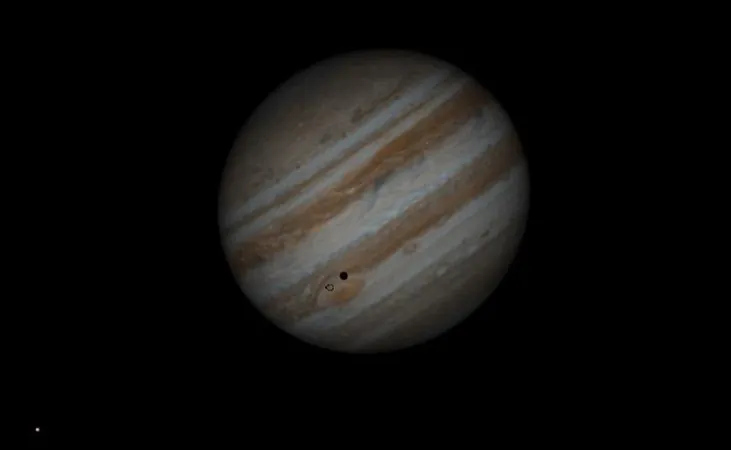

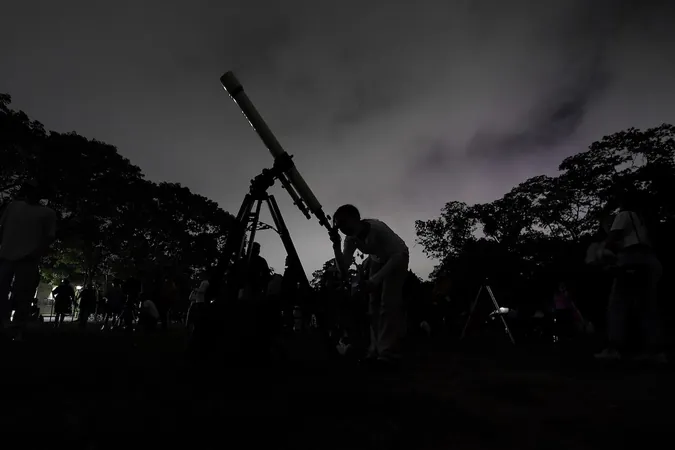

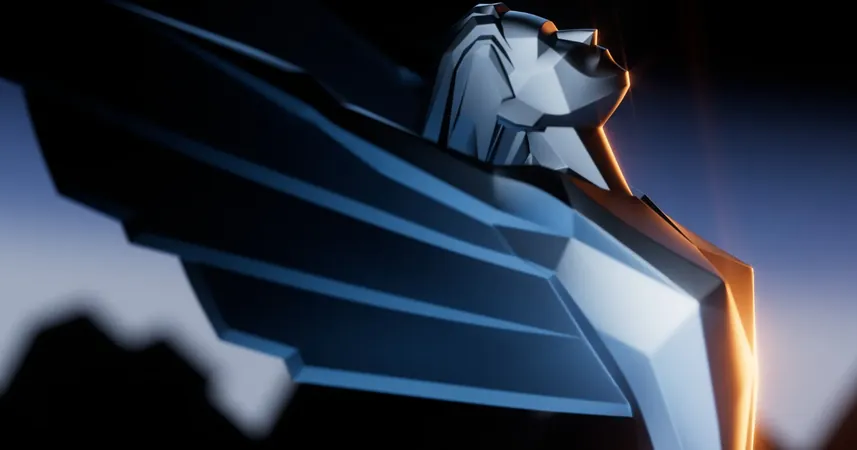

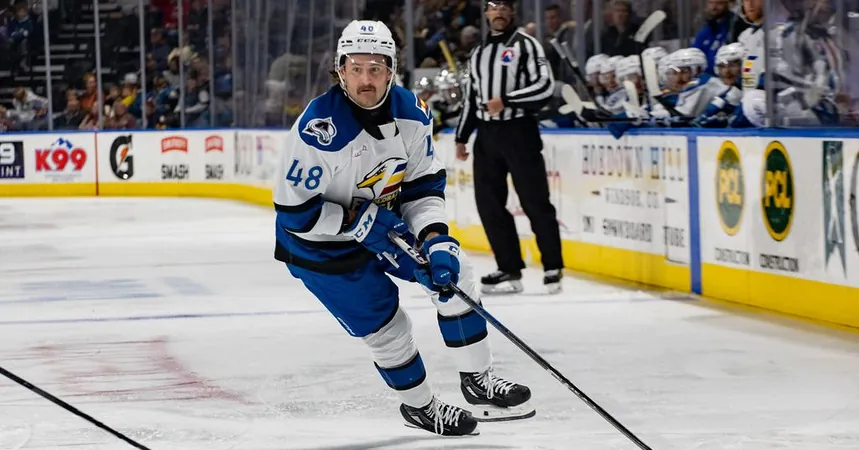


 Brasil (PT)
Brasil (PT)
 Canada (EN)
Canada (EN)
 Chile (ES)
Chile (ES)
 España (ES)
España (ES)
 France (FR)
France (FR)
 Hong Kong (EN)
Hong Kong (EN)
 Italia (IT)
Italia (IT)
 日本 (JA)
日本 (JA)
 Magyarország (HU)
Magyarország (HU)
 Norge (NO)
Norge (NO)
 Polska (PL)
Polska (PL)
 Schweiz (DE)
Schweiz (DE)
 Singapore (EN)
Singapore (EN)
 Sverige (SV)
Sverige (SV)
 Suomi (FI)
Suomi (FI)
 Türkiye (TR)
Türkiye (TR)